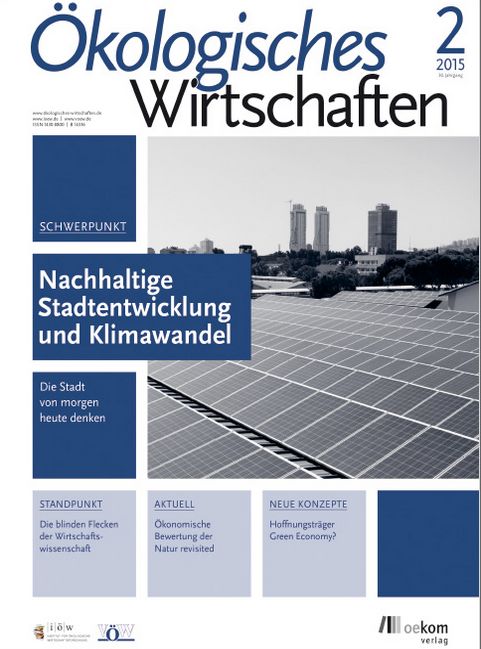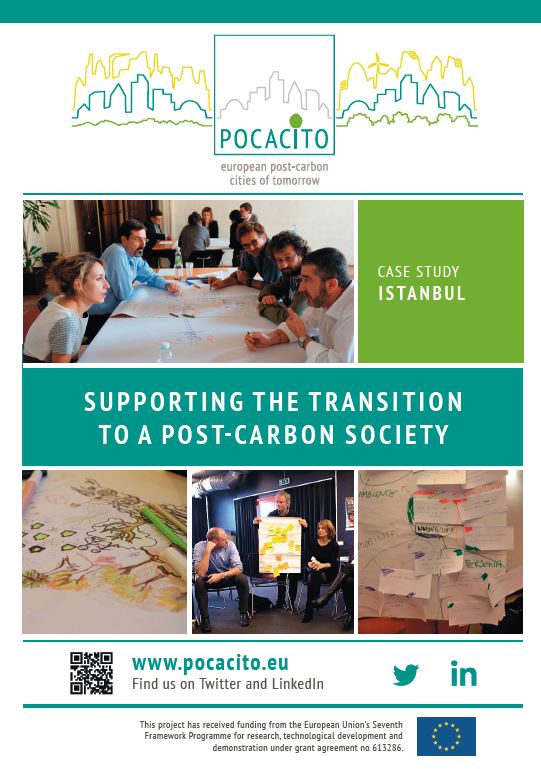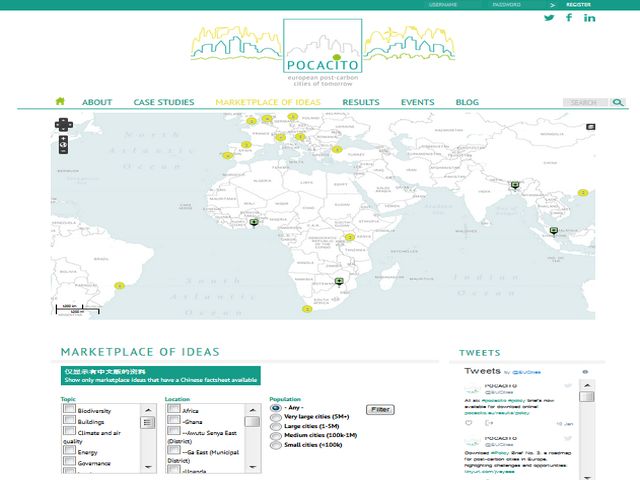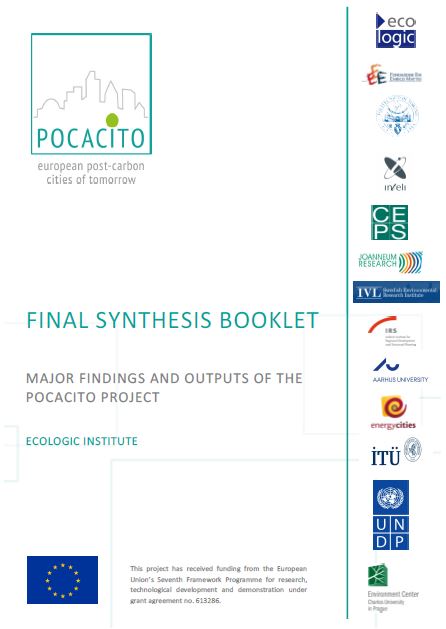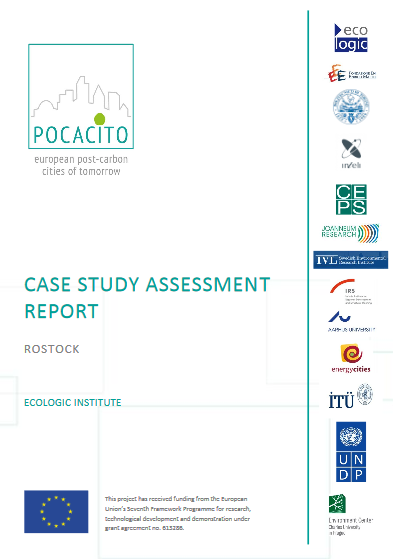Post-Carbon Cities of Tomorrow in Germany (POCACITO in Germany)
- Project
- Duration
-
-
The global transition to a sustainable, post-fossil fuel future poses specific, unprecedented challenges. Because cities serve as cultural, economic, and political hubs across the world, they are central to developing the solutions necessary to confront these challenges. Dramatic population increases, resource scarcity, and outdated infrastructure systems compound the pressures on the world's urban areas to implement effective strategies to improve their resiliency with respect to societal megatrends, natural disasters, and the impacts of global climate change.
Renowned for their dynamism and innovation, cities in the US and Germany are essential catalysts for the global transformation to a decarbonized future. With integrated, established networks and long-standing commitments to environmental stewardship, the US and Germany cities are seen as regional and international capitals of knowledge and progress. The road to a global post-fossil fuel society passes through Berlin and Washington, Munich and Denver, Essen and Houston. POCACITO in Germany supports cities in both countries as they drive the sustainability revolution by establishing relationships and facilitating strategy exchanges among the next generation of German and American leaders in sustainable urban development.
Over the course of three years, POCACITO in Germany will select young professionals from the United States, representing the geographic and cultural diversity of the country, to engage with their counterparts in Germany, establishing transatlantic connections and relationships that will enhance sustainable endeavors on both sides of the Atlantic. Each year emphasizes a specific topic, allowing for enrichment of a specialized area for the participants and allowing for more intense and actionable cooperation and collaboration.
In 2016, the focus is fostering the energy transition in cities. In many ways, Germany’s national Energiewende (energy transition) policy serves as a blueprint for other governments. Just as important, however, are the lessons that can be learned. Particularly for urban areas, the energy transition must be supplemented with delivery strategies and infrastructure developments. Additionally, retrofitting buildings is an important part of the process by increasing energy efficiency and minimizing the effects of displacement resulting from gentrification or ‘creative destruction’ policies. Hamburg, the 2011 European Green Capital 2011; Essen, the 2017 European Green Capital; and Bottrop, with its Innovation City on the Ruhr are on the itinerary.
The second year, 2017, tackles the issue of sustainable mobility. Both the US and Germany are countries with established car cultures. Developing sustainable mobility strategies requires not only acceptance of that fact, but the ability to be creative in leveraging that reality, which is precisely how Hannover has undertaken to address the issue. With multiple pilot programs and an array of offerings throughout the metropolitan region, Hannover’s characteristics are especially relatable to the transport needs of many American cities. In addition, Dresden’s efforts to improve cycling and pedestrian accessibility can help with similar initiatives in the US.
The third year, 2018, addresses climate change adaptation measures specifically designed for urban areas. In particular, the project highlights the impacts of comprehensive city planning strategies in combatting climate change. Nature restoration measures, as well as city parks and urban farming, are being implemented in Munich. These have produced various positive repercussions, affecting not only the resiliency of the city in mitigating climate change, but also in helping to create a more inclusive urban identity. Essen also serves as an example of the positive effects of establishing city-wide park networks. Along with its Cool City and Neue Wege (New Ways) initiatives, Essen’s Forest Stewardship Council reestablishes the relationship between urban culture and the natural environment.
Through POCACITO in Germany, the next generation of urban sustainability professionals will create lasting networks for professional collaboration and cultural exchange and continue to lead the global transition to a post-fossil fuel society. You are invited to keep abreast of the project’s progress through the POCACITO Blog and join the conversation about sustainable urban development by following us on Twitter.
POCACITO in Germany is an initiative of Ecologic Institute in Washington, DC, and is supported financially through a European Recovery Program (ERP) grant from the German Federal Ministry for Economic Affairs and Energy (BMWi).






